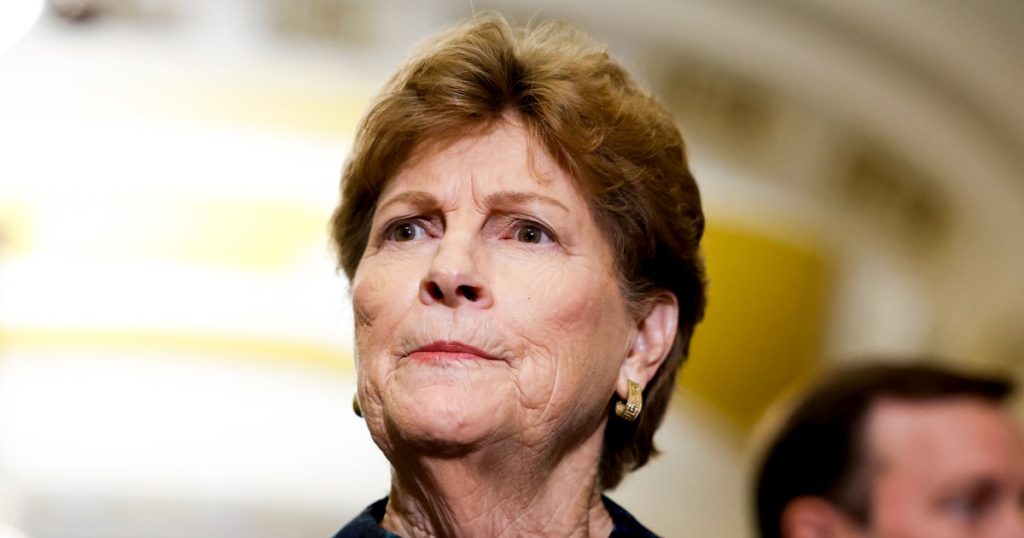Senators Jeanne Shaheen and Joni Ernst are introducing the Expanding Child Care for Military Families Act to address the shortage of child care workers and rising costs of care in the country. The bipartisan bill proposes a pilot program led by the Department of Defense to assist child care providers near military installations in training, recruiting, and retaining staff members. This initiative aims to increase the availability of care for both military members and local civilians by utilizing existing resources of the Defense Department to enhance workforce development opportunities in the child care industry.
The legislation would enable the Defense Department to form partnerships with private and public child care centers near military installations and require participation in recruitment and retention programs for child care providers at these facilities. Additionally, the bill would allow the Pentagon to collaborate with AmeriCorps to place volunteers at participating child care centers and encourage the recruitment of military spouses in the industry to help bridge the worker gap. The overall goal of the bill is to ensure high-quality, affordable child care for military families to support service members while they undergo training and prepare to protect the nation.
The COVID-19 pandemic resulted in the federal government allocating $24 billion to support child care facilities; however, this funding expired in September, leaving many providers struggling to stay afloat. A survey by the National Association for the Education of Young Children revealed that more than half of child care centers reported staffing shortages, further exacerbating the challenges faced by families seeking reliable care. The shortage of child care workers has been attributed to low pay scales and lack of benefits in the industry, making it difficult to attract and retain staff members.
Cora Hoppe, the director of Rochester Child Care Center in New Hampshire, emphasized the importance of partnerships between child care providers and the Defense Department, particularly for military families facing unique challenges due to frequent relocations. Despite receiving military subsidies to help with expenses, budgetary constraints and high operating costs forced Hoppe to lay off a quarter of her staff. Access to additional resources from the Defense Department would have enabled her to maintain her staff and expand capacity, highlighting the critical need for support within the child care industry.
Senator Shaheen has been advocating for measures to alleviate the burden on parents and child care facilities, recognizing the need for flexible options to address the diverse child care needs of families. She emphasizes the importance of exploring a variety of solutions, as there is no one-size-fits-all approach, especially for military families. Shaheen believes that initiatives like the pilot program proposed in the Expanding Child Care for Military Families Act can provide much-needed support to the child care industry and facilitate collaboration among providers to better serve families in need.
In conclusion, the bipartisan effort spearheaded by Senators Shaheen and Ernst is aimed at helping mitigate the child care worker shortage and improving access to affordable, high-quality care for military families. By leveraging the resources of the Defense Department and fostering partnerships with child care providers, the legislation seeks to address the challenges faced by service members and their families while ensuring a safe and nurturing environment for children. The proposed pilot program represents a step towards enhancing workforce development opportunities in the child care industry and supporting the well-being of military families across the country.


